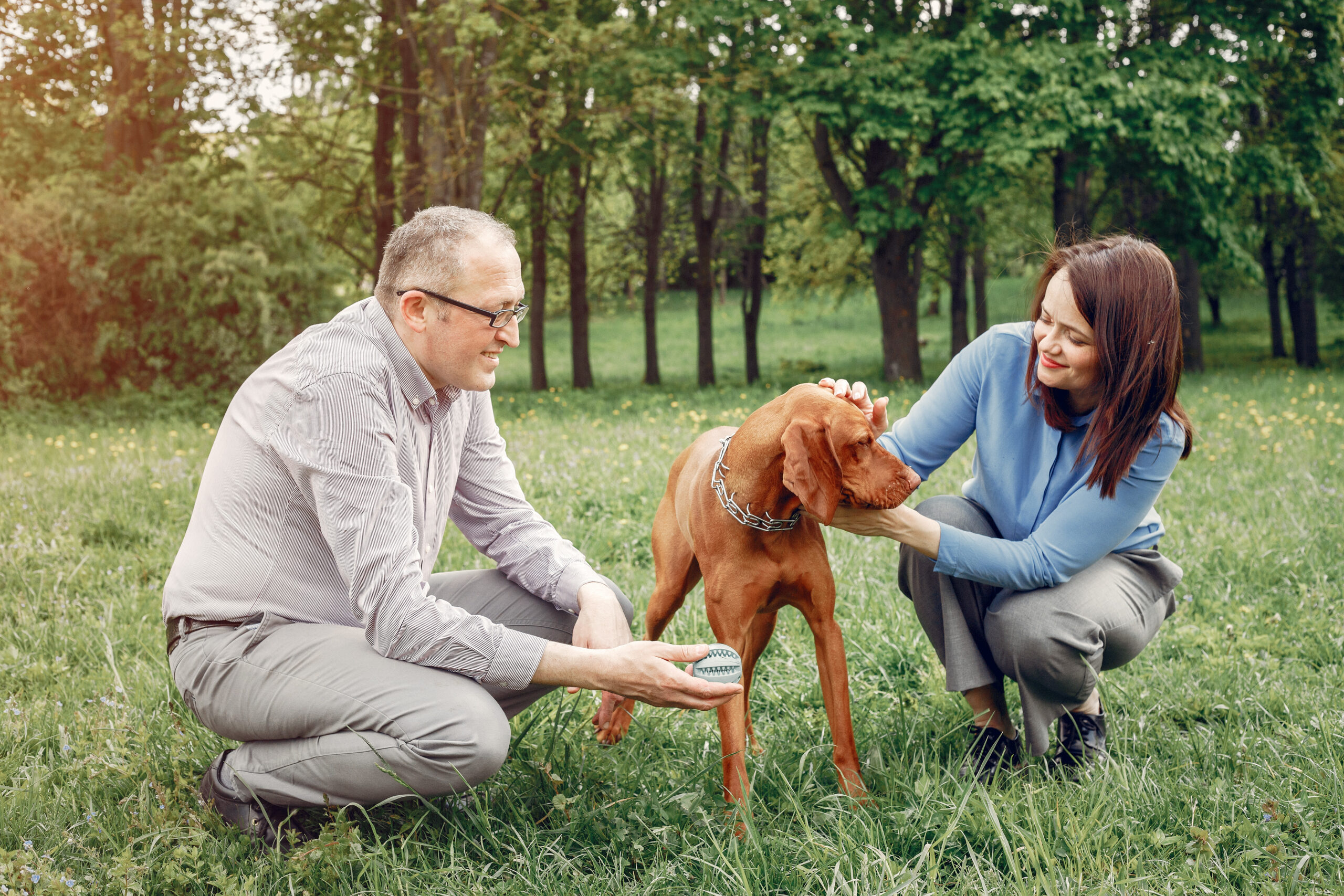Why Consistency Creates Emotional Security in Dogs
It’s astonishing how even the smallest routines can shape a dog’s emotional well-being. For instance, feeding your dog at the same time each day can reduce their anxiety significantly. Such consistency fosters a sense of predictability, which dogs deeply crave. Historically, dogs have evolved to follow patterns within their packs, relying on consistent signals to … Read more










